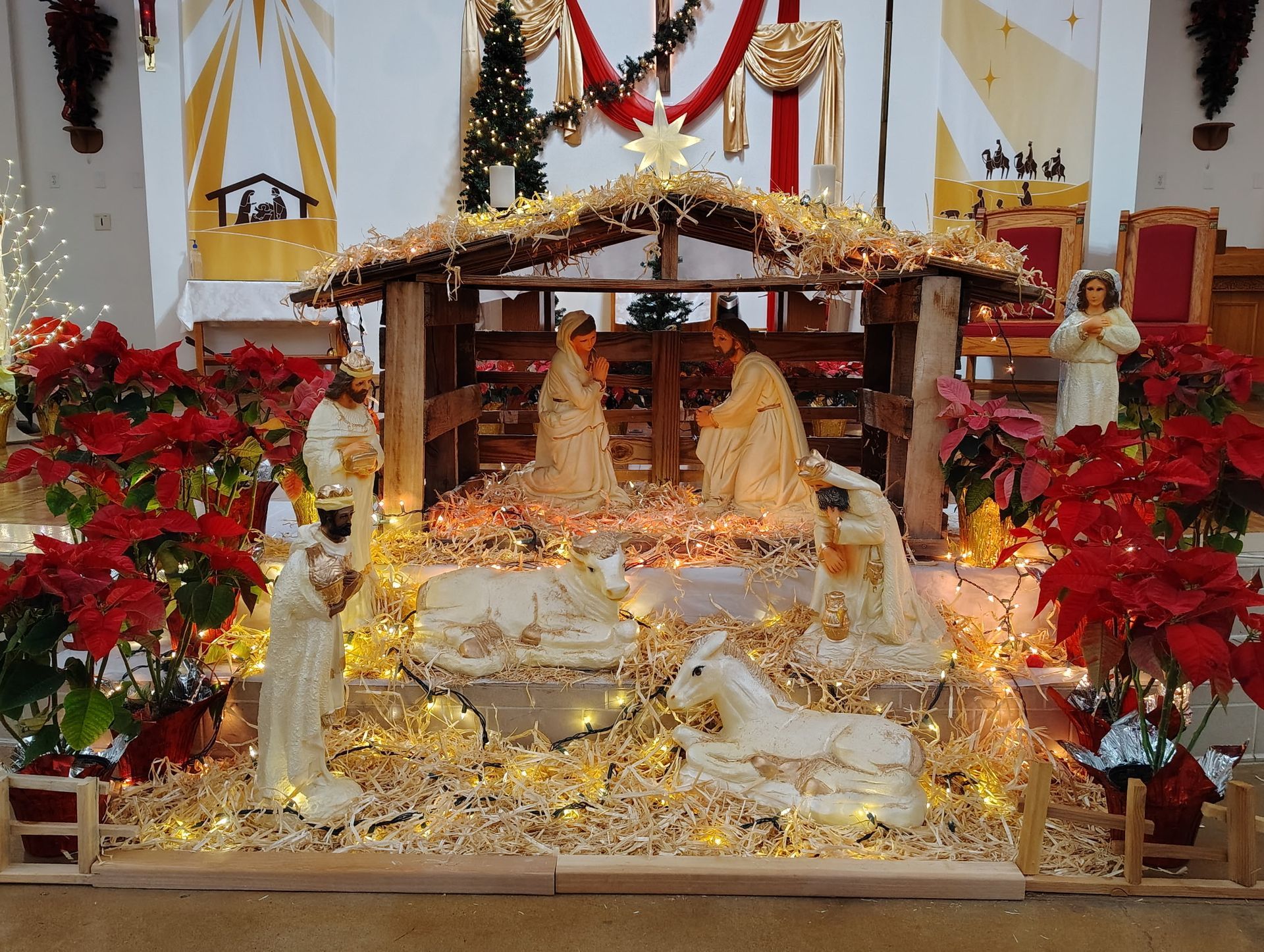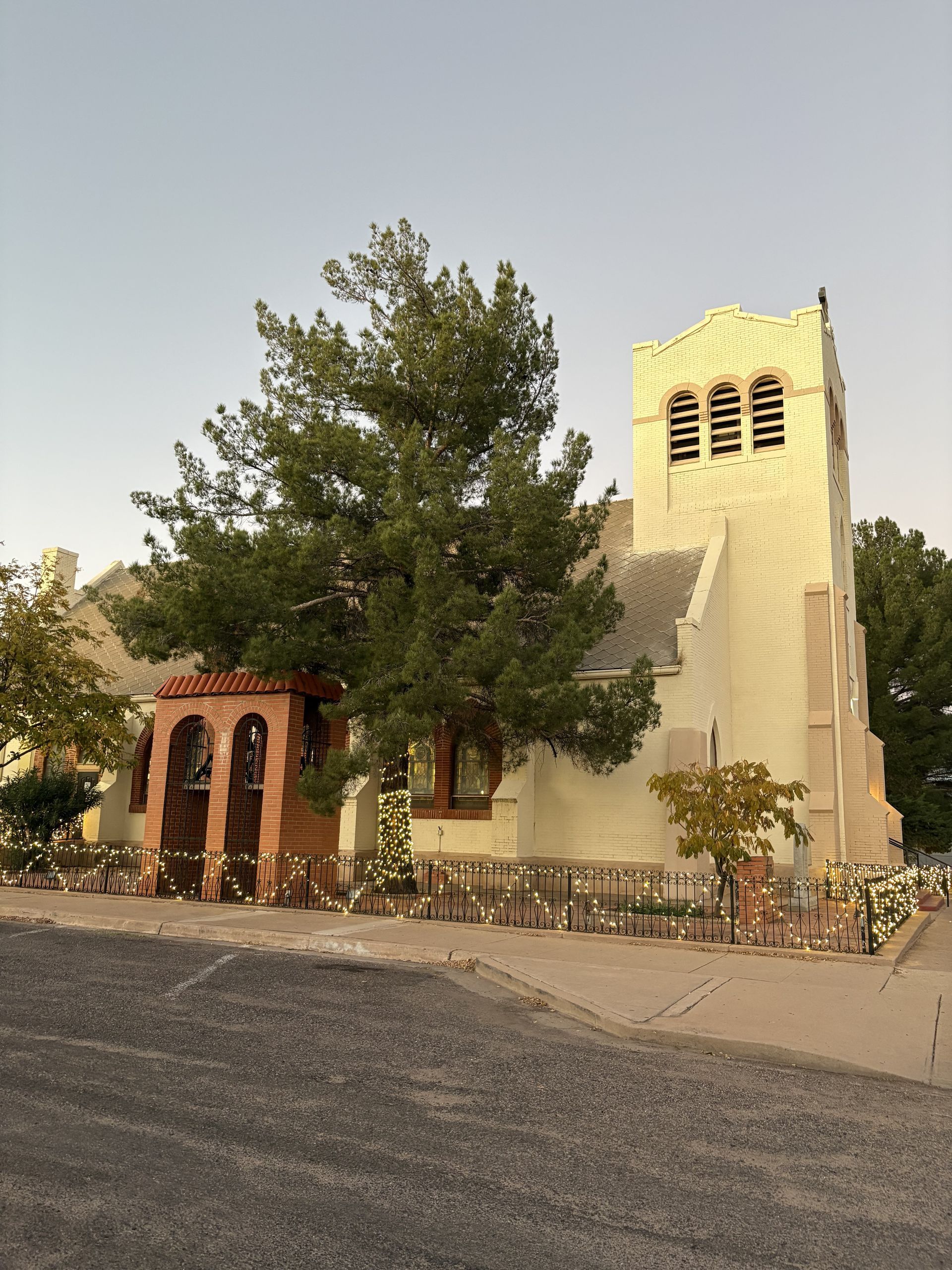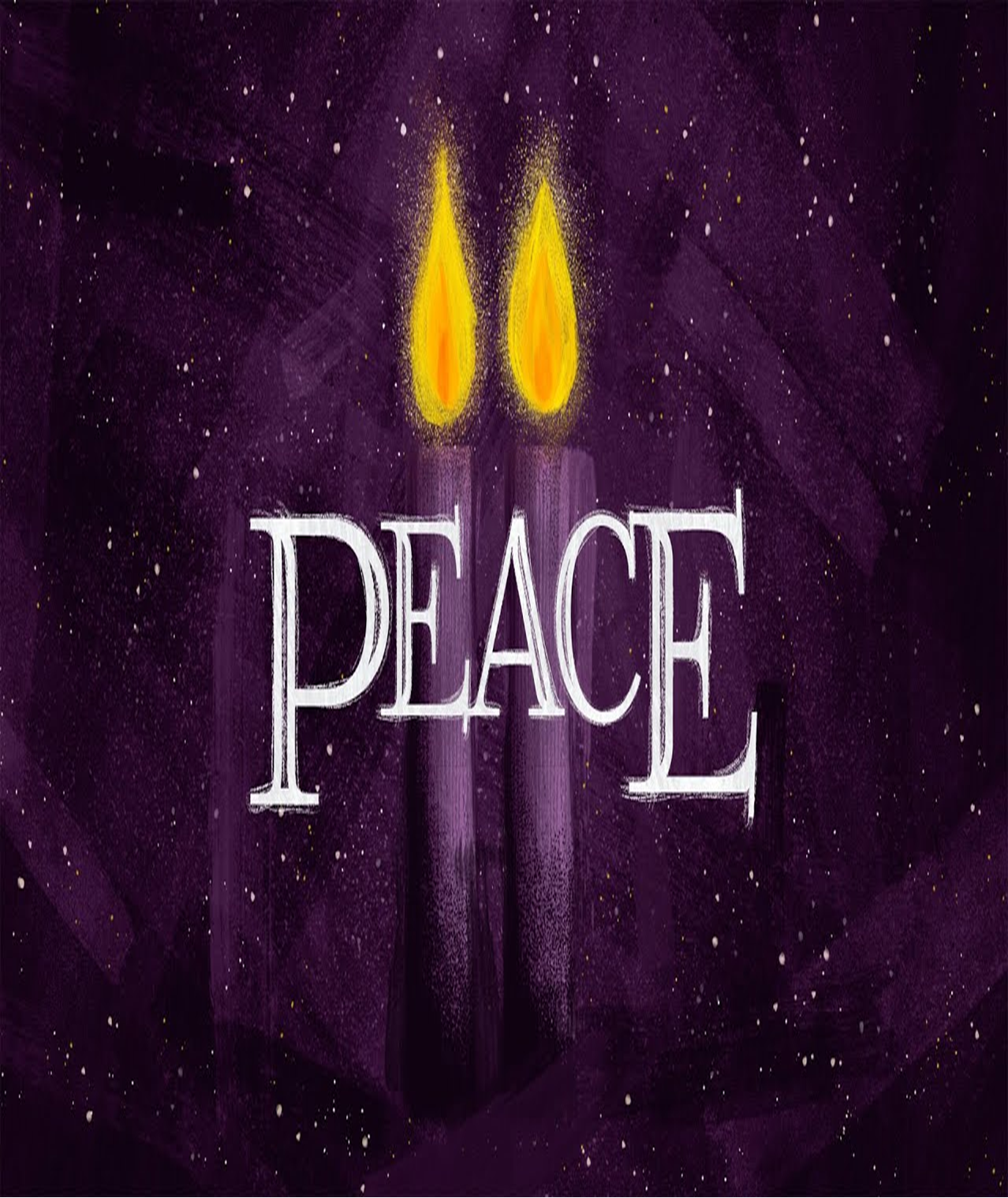I am most grateful to the organizers of this evening of reflection: Go to Joseph as we celebrate the year of St. Joseph with Patris Corde (With a Father’s Heart), the Holy Father’s apostolic letter as our guide for reflection. Those of us who got the chance to read and spent some time reflecting on the words of the Holy Father have come across that St. Joseph said nothing in the Holy Scriptures, not a word but all deeds and actions. Prudence knows the will of God. Prudence is obedient to the message of an Angel. Prudent people don’t talk too much. They are individuals who are extremely careful with their words and actions. I bet that huge mistakes in life are made by not being prudent.
I am biased because I believe that prudence is the most important virtue as it is the driving force behind all other virtues. Prudence encompasses every aspect of life. It is the right reason concerning things to be done. Prudence seeks counsel from God and wise men, too. Prudence needs both experience (practical reason) and holiness (God and the church). It depends upon practical wisdom gained by experience and prayer. Prudence is wise advice and clear judgment. Before making difficult decisions and/or tough choices in life, we need to exercise prudence as every decision- making shapes our future.
In this presentation, we especially ask the intercession of St. Joseph, Most Prudent to help us be prudent in our words and actions.
What better way to begin than to take a quick look of the virtue of prudence which I presume is necessary in our meditation. The Catechism of the Catholic Church (#1806) states that "Prudence is the virtue which disposes a person’s (practical reason) to discern the good and choose the correct means to accomplish it." Prudence needs practical reason and vice-versa in the difficult process of discernment which eventually leads us to goodness and right. Prudence brings us to light which lightens our way. Reason is not detached to the soul. Our bodies don’t operate without the soul and spirit. Both are inseparable. They complement each other. Our future is shaped by the small day to day decisions made. From all points of view, prudence is necessary in the well-being of society.
The Catechism continues... "Prudence is one of the cardinal moral virtues that dispose the Christian to live according to the law of Christ, prudence provides the proximate guidance for the judgment of conscience (1806)." Prudence leads us to the law of Christ that serves as our guiding principle in forming our conscience which is so important in making decisions. Decisions either make or break us. If our decisions are deeply rooted, well-founded and firmly anchored in the teachings of the church, we have less worries as they have been borne out of faith and truth. If our conscience is clear, we can sleep well at night.
St. Thomas Aquinas, the angelic doctor who authored the monumental compendium unfinished work Summa Theologiae defined Prudence, adopted from Aristotle, as "the right reason in action" STh II-II, 47, 2. Prudence is "the bridge between right reason and correct action." "It is not to be confused with timidity or fear, nor with duplicity or dissimulation (1806)." The Catechism further adds that "Prudence is called Auriga virtutum (the charioteer of the virtues)." It is "the driving force behind all other virtues." It is at the frontlines (the frontliner) of all other virtues. It is the wind beneath the wings. It serves as the guide, the GPS, the roadmap to all other virtues. Prudence immediately leads a person to the correct judgment of conscience. Prudence, therefore, is the mother of all virtues.
Let us go through the four passages in the gospel of Matthew that lead us to St. Joseph, Most Prudent.
When he came to know through the message of an Angel that Mary was pregnant/expecting, he considered divorce quietly which was the most prudent thing to do to get her out of shame. Lo and behold what comes next...
Annunciation to Joseph
But as considered this, behold, an angel of the Lord appeared to him in a dream, saying, “Joseph, son of David, do not fear to take Mary your wife, for that which is conceived in her is of the Holy Spirit; she will bear a son, and you shall his name Jesus, for he will save his people from their sins…” When Joseph woke from sleep, he did as the angel of the Lord commanded him; he took his wife but knew her not until she had borne a son; and he called his name Jesus ( Mt. 1: 20-25 ).”
The ancient religious people deeply believed in dreams as divine avenues of communication. Joseph knew instantly that anything that came from God through the message of divine messenger/angel Gabriel was the right thing to do. There was absolutely no hesitation on his part. He was determined to do it.
St. Joseph, most prudent, incredible model and exemplar of the virtue of prudence, as soon as you knew the message of the Angel Gabriel, you took Mary your wife into your home. Pray for Us.
Family’s flight into Egypt
An Angel of the Lord appeared to Joseph in a dream and said, “Rise, take the child and his mother and flee to Egypt, and remain there till I tell you; for Herod is about to search for the child, to destroy him. “And he rose and took the child and his mother by night, and departed to Egypt, and remained there until the death of Herod (Mt. 2: 13-15 ).”
St. Joseph, most prudent, incredible model and exemplar of the virtue of prudence, at the instruction of the Angel, you rose from sleep and took the child Jesus and Mother Mary at night, left for Egypt and remained there. Pray for Us.
The death of Herod
But when Herod died, behold an angel of the Lord appeared in a dream to Joseph in Egypt, saying, “Rise, take the child and his mother, and go to the land of Israel, for those who sought the child’s life are dead.” And he rose and took the child and his mother and went to the land of Israel (Mt. 2: 19-21)."
St. Joseph, most prudent, incredible model and exemplar of the virtue of prudence, at the message of the Angel, you rose and took the child Jesus and Mother Mary and went to the land of Israel, Pray for Us.
Taking the family to Nazareth
But when he heard that Archelaus reigned over Judea in place of his father Herod, he was afraid to go there, and being warned in a dream he withdrew to the district of Galilee. And he went and dwelt in a city called Nazareth, that what was spoken by the prophet might be fulfilled. “He shall be called a Nazarene (Mt. 2: 22-23).”
St. Joseph, most prudent, incredible model and exemplar of the virtue of prudence, by obeying the warning, you took the family to Nazareth, Pray for Us.
Did Joseph act haphazardly? Was his decision rushed? Did he decide in haste? Was he pressured? Was he under duress? Or was it his character that is, the character of a prudent Holy Man? The fact that Joseph was able to make that instant decision, it is most telling that he knew right away on the spot the will of God. This is extraordinary. He had an inner insight and instinct of the ways and plan of God. He acted decisively and swiftly, not rashly, nor timidly but prudently. His responses are splendid examples of prudential judgment. Prudence doesn’t come easy. It is nurtured through deep prayer, inner instinct and close relationship with God.
St. Joseph, incredible model and exemplar of the virtue of prudence, Pray for Us.



